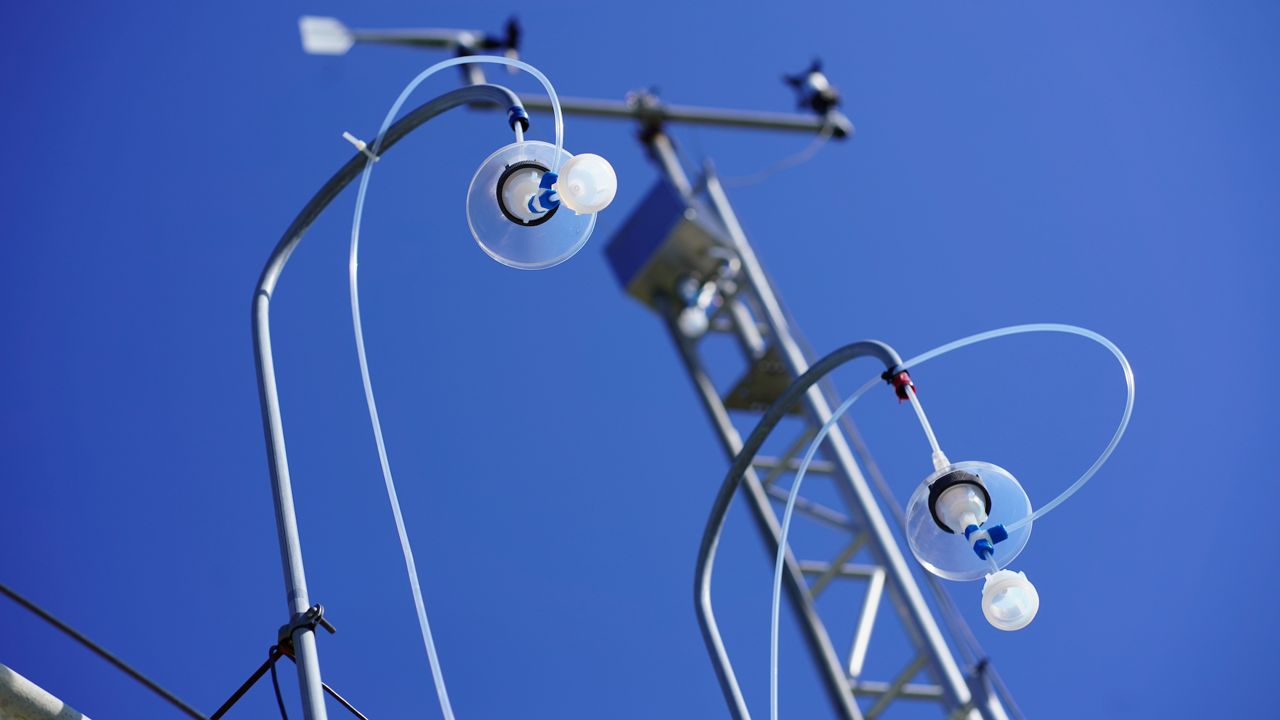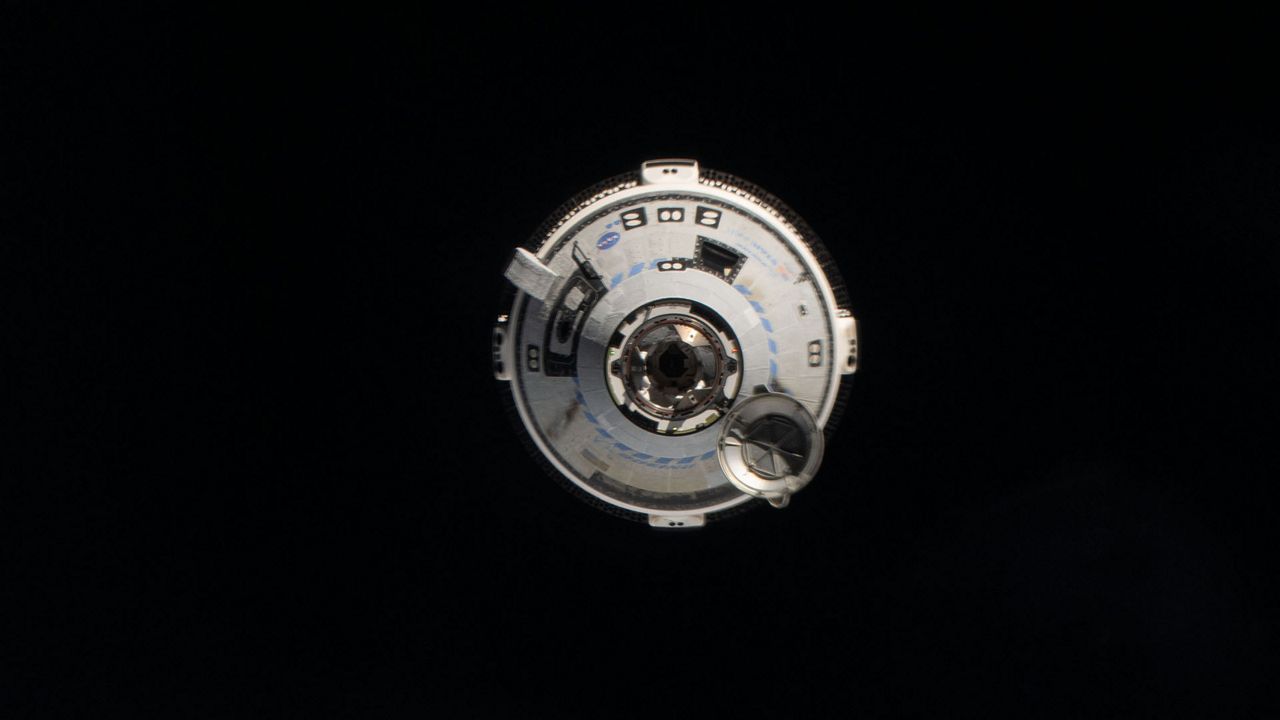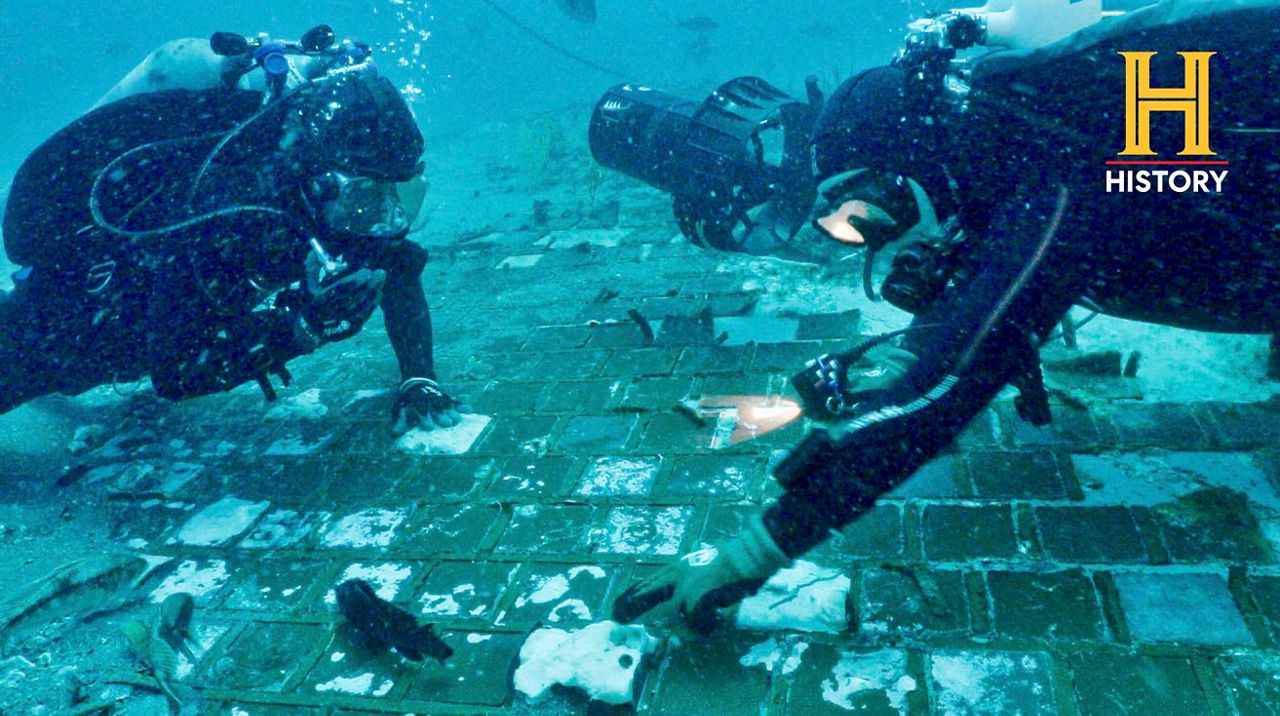LOUISVILLE, Ky. — It’s a small department within Louisville Metro Government, but the Air Pollution Control Department’s work involves literally every resident.
This is the type of job where the work is never finished and even though the Metro Air Pollution District has a staff of just one dozen, its work affects every resident of Jefferson County.
“We have to ensure all of our equipment has clean sample lines,” Laura Wilson says.
Wilson is standing on top of the Cannons Lane Air Monitoring Center next to Bowman Field. Wilson shows off the many ways the city detects what’s in our air. This is the largest of five sites where Louisville does that. The city measures for particulates and the level of the dangerous gas ozone.
“Ozone is definitely an issue for Louisville. We have been on the cusp of out of attainment and believe we just skirted through and we are now in attainment,” Wilson explains.

Not only is Wilson an air monitoring scientist, she’s a Louisville native and passionate about her work because it affects the place she’s always called home. Wilson believes more than ever, Louisvillians are interested in what’s in the air.
“It seems like it to me. It seems like the public is getting a lot more involved with understanding and wanting to be a part of what’s going on with the air quality around the country and locally,” Wilson said.
Below deck Tom Lobb, another air monitoring scientist, shows the equipment taking in the air samples. They compare all of their data to standards set by the EPA and the Clean Air Act. “
All together, about 75 to 80 data sets. Together we collect 50 million data points a year throughout our network,” Lobb said.
All the air data collected by Louisville Metro is public. If you’d like to learn more about Louisville’s Air Monitoring Network, you can see everything online.









